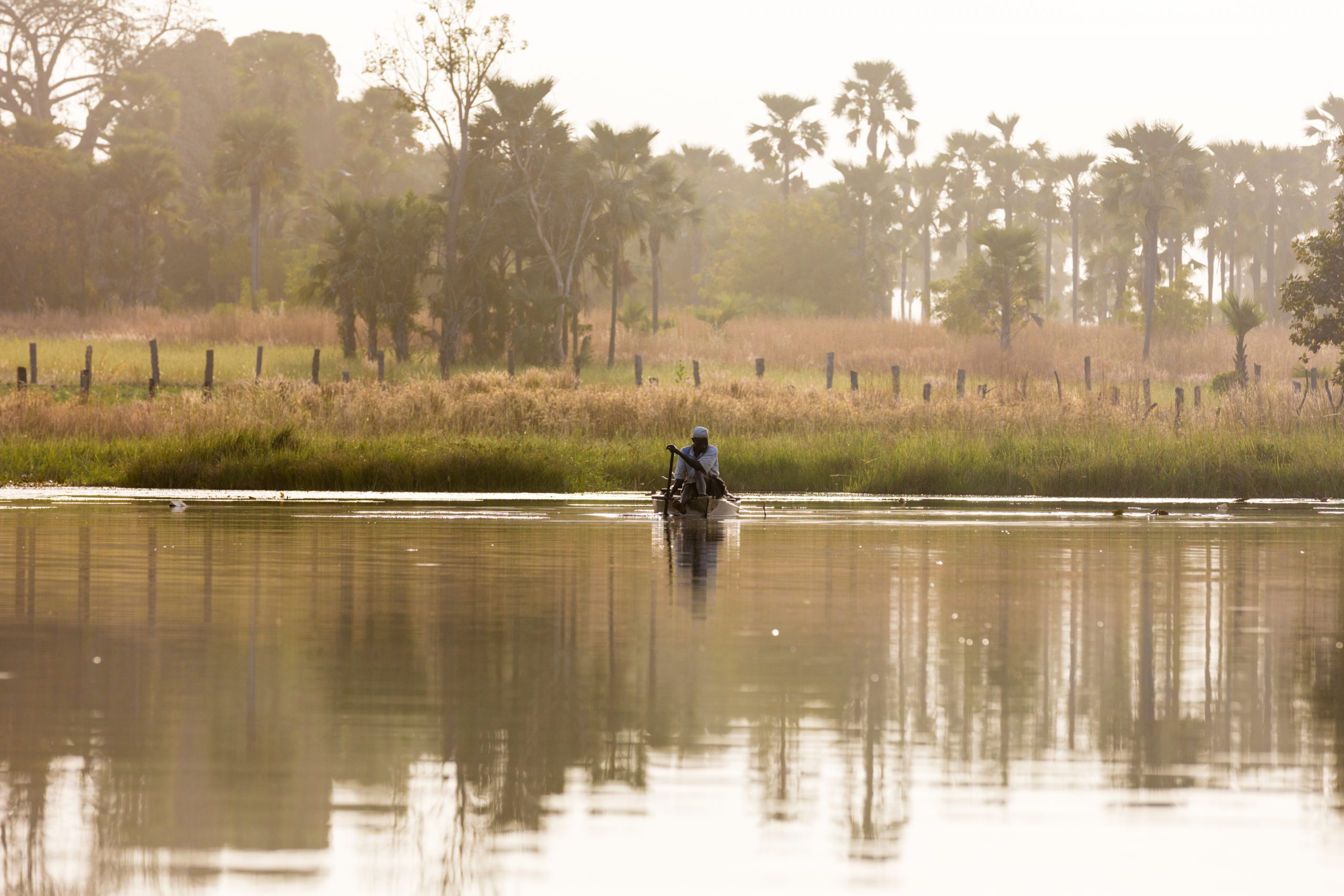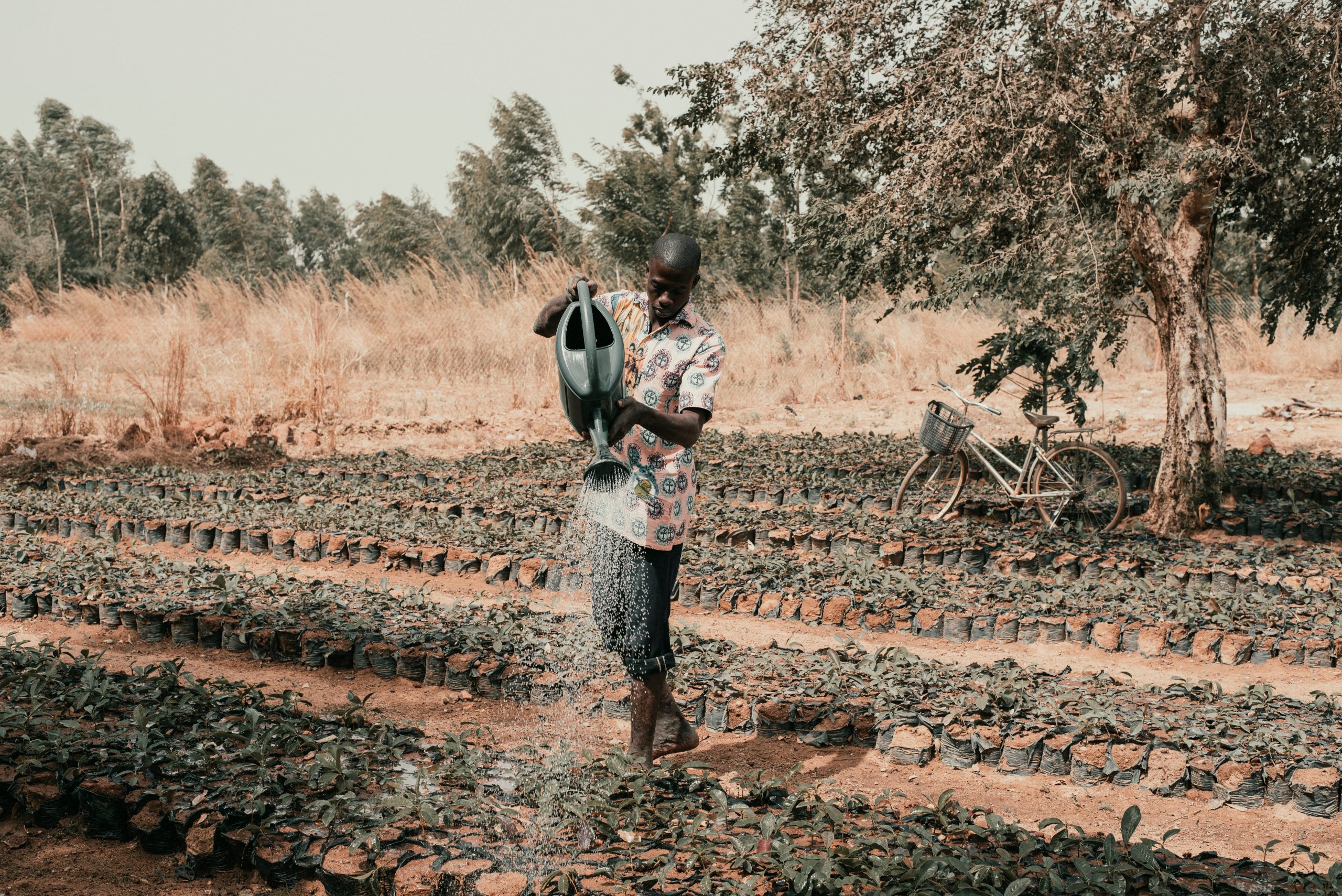After declaring independence from France in 1960, rural land in Burkina Faso was largely governed according to customary law and practices. In 2009, the government adopted the Rural Land Tenure Law, which recognizes customary rules and practices and decentralizes land management. It also enables legal recognition of individual possession rights and collective land rights, land transfers through inheritance, and land loans, however in inheritance, woman are often not favoured.

Burkina Faso, previously known as Upper Volta, was colonized by the French from 1896 until 1960, gaining independence under Mossi (people, constituting about 40% of the Burkinabé population) ruling. The country was renamed Burkina Faso in 1984, which translates to the “land of honest men”. Burkina Faso is a landlocked country with a primarily dry tropical climate, and approximately 85% of the population is rural and dependent on agriculture, livestock and forestry on small subsistence farms. Cotton is the main cash crop, and is the country’s main export as well as gold. Despite its significant reserves of gold, the country has faced domestic and external concern over the state of its economy, as well as human rights due to exploitation and corruption.
Burkina Faso is subject to endemic droughts, which along with land use changes, population pressures, and land tenure insecurity have contributed to food shortages. Almost half of the population lives in poverty. Land-related issues in the country include the implementation of the new Rural Land Tenure Law, land disputes, climate change, and artisanal mining.
Burkina Faso does not have a substantial forest resource base, compared to other humid forest countries, due to accelerated deforestation. However, it is one of eight pilot countries participating in the Forest Investment Program (FIP), a program established under the Climate Investment Funds (CIF) to support government-led programs to reduce greenhouse gas emissions. The remaining dry forests provide ecosystem services to sectors such as fodder, non-timber forest products, and to local livelihoods. Burkina Faso’s forests are being degraded at an accelerated pace and there is notable change in forest cover. From 2001 to 2020, Burkina Faso lost 131 ha of tree cover, equivalent to a 99% decrease in tree cover since 2000, and 32.5kt of CO₂e emissions (Global Forest Watch, 2021). The main causes of deforestation are due to agricultural expansion, primarily using extensive techniques for cash crops and agribusiness; burning forests for fuelwood and charcoal; overgrazing; and more recently, mining. Competition for available land and natural resources continues to fuel conflict in Burkina Faso.
For a Land Governance Assessment Framework (LGAF), go here.
For a timeline of land and forest rights in Burkina Faso, click here.
For more information on our work in Burkina Faso, click on the link below.
